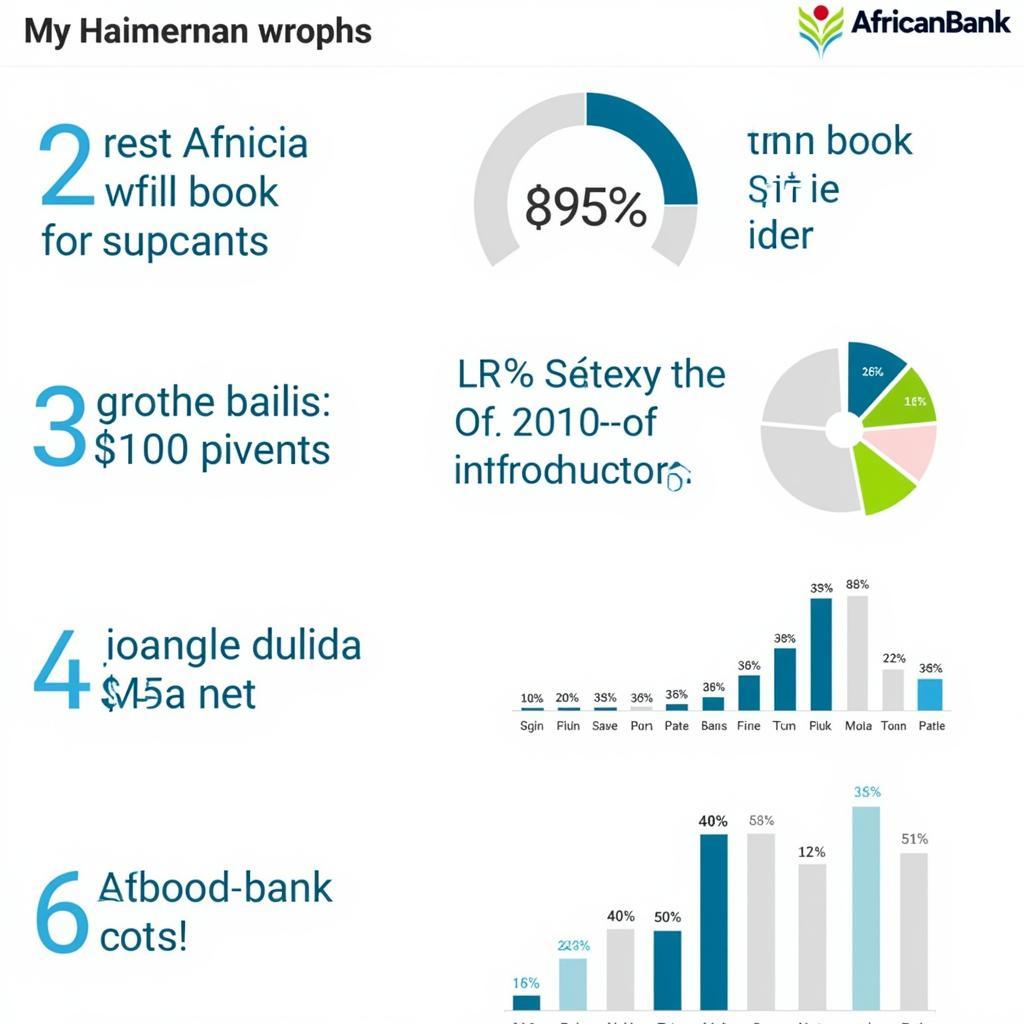Unraveling the African Bracelet Scam: How to Stay Safe and Avoid Tourist Traps
The African Bracelet Scam is a prevalent tourist trap, particularly in major European cities like Rome, Paris, and Barcelona, often involving individuals of African descent. These scams prey on unsuspecting tourists, using seemingly friendly gestures to coerce them into buying overpriced or worthless bracelets. Let’s explore how this scam operates and how you can avoid becoming a victim.
Understanding the Modus Operandi of the African Bracelet Scam
The scam usually begins with a seemingly innocent approach. A friendly individual, often appearing very enthusiastic and jovial, will offer you a “free” bracelet, usually made of string or cheap beads. They may tie it around your wrist before you have a chance to refuse. Once the bracelet is on, they’ll demand payment, often becoming aggressive if you resist. They might claim it’s a traditional gift that requires reciprocation or employ other manipulative tactics.
Another variation involves offering to show you a “friendship” knot or a traditional African braiding technique. They’ll quickly weave a bracelet around your wrist and then demand exorbitant prices for their “work.” Even if you attempt to remove the bracelet, they might become hostile or claim you’ve damaged it, further pressuring you into paying.
Identifying and Avoiding the African Bracelet Scam: Practical Tips
Recognizing the signs of the African bracelet scam can help you avoid falling prey. Be wary of anyone approaching you offering free gifts or unsolicited services, especially in crowded tourist areas. A polite but firm “no, thank you” is often sufficient. Avoid engaging in conversation or making eye contact, as this can encourage them to persist. If they manage to tie a bracelet on your wrist, immediately remove it and walk away without engaging. Remember, it’s better to appear rude than to become a victim of this scam.
What to Do If You Become a Target?
If you find yourself in a situation where someone is trying to force a bracelet on you, be assertive. Clearly and firmly state that you do not want the bracelet and are not willing to pay. If they become aggressive, raise your voice to attract attention from nearby people or authorities. Do not be afraid to seek help from police officers or security personnel. Remember, these individuals rely on intimidation and the element of surprise. Your confidence and assertiveness can deter them.
“These scams thrive on the politeness of tourists,” explains Dr. Anika Omar, a cultural anthropologist specializing in African diaspora communities. “Assertiveness is your best defense. Don’t be afraid to be firm and walk away.”
Beyond Bracelets: Other Common Scams to Watch Out For
While the bracelet scam is widespread, it’s not the only trick tourists should be aware of. Similar scams involve offering “free” roses, rosemary sprigs, or other small items, followed by demands for payment. Pickpocketing and distraction thefts are also common in tourist hotspots. Be vigilant about your belongings and avoid displaying large sums of cash or expensive jewelry.
Staying Safe and Informed: Resources for Travelers
Numerous online resources provide information about common travel scams and safety tips. Researching your destination and familiarizing yourself with local customs and potential scams can help you stay safe and avoid unpleasant experiences.
“Awareness is key,” says Mr. Ben Kigosi, a travel safety expert. “Knowing what to look out for can significantly reduce your risk of becoming a victim.”
Conclusion: Enjoying Your Trip While Staying Safe from the African Bracelet Scam
The African bracelet scam, along with other similar tourist traps, can detract from the enjoyment of your travels. By understanding how these scams operate and taking proactive steps to avoid them, you can ensure a safe and memorable trip. Remember, a firm “no” and awareness of your surroundings are your best defenses against these unwanted encounters. Don’t let the fear of scams prevent you from experiencing the beauty and culture of your chosen destination. Stay informed, be assertive, and enjoy your travels.
FAQ
-
What should I do if someone tries to tie a bracelet on my wrist?
Immediately remove it and walk away without engaging. -
Are all street vendors scammers?
No, not all street vendors are scammers. However, be cautious and discerning. -
Where are these scams most common?
These scams are prevalent in crowded tourist areas in major cities. -
What other scams should I be aware of?
Be wary of scams involving “free” roses, rosemary sprigs, or other small items, as well as pickpocketing. -
Who can I contact for help if I become a victim of a scam?
Report the incident to local police or security personnel.
Common Scenarios
-
Scenario 1: You are approached by a friendly individual who insists on tying a “friendship” bracelet on your wrist.
-
Scenario 2: A group surrounds you, distracting you while one person ties a bracelet on your wrist.
-
Scenario 3: Someone offers you a “free” gift, then demands payment after you accept it.
Further Reading
- Explore articles about safe travel practices and avoiding tourist traps.
- Research local customs and etiquette for your destination.
When you need assistance, please contact us.
Phone: +255768904061
Email: kaka.mag@gmail.com
Address: Mbarali DC Mawindi, Kangaga, Tanzania.
Our customer service team is available 24/7.
